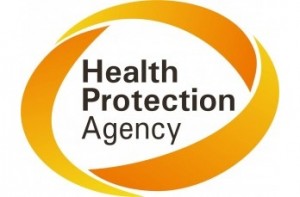Students are being reminded by the Health Protection Agency (HPA), about the importance of receiving the MMR and Men C vaccinations before they return to university campus, where outbreaks can occur. A leaflet is available on the HPA website, advising students on how to spot the early signs of these serious infections.
 |
| [relatedPosts title=”Related Posts”] |
|
|
Up to the end of July 2011, this year so far, there have been 777 laboratory confirmed cases of measles reported to the Health Protection Agency in England and Wales, compared with a provisional total of 374 cases for the whole of 2010. Those cases were mainly in children or young adults under 25 years of age and have been associated with small clusters in universities and schools, with many of the patients unvaccinated.
In 2010 there were 896 cases of meningococcal infection, which is one of the most common causes of meningitis, a serious infection that causes the lining of the brain to become inflamed, and in some cases can prove fatal. Like with measles, children and young adults are disproportionately affected with meningococcal infection.
Dr Mary Ramsay, head of the immunisation department at the Health Protection Agency, said: “Measles and meningitis are infections that can both be fatal, it is absolutely vital that all students ensure they are completely up to date with all their vaccinations, especially the MMR and Men C vaccine.
“University bars and campuses where lots of students are in close proximity is an ideal place for bacteria and viruses to spread which is why we may see more outbreaks of these infections in this environment.”
“The MMR will protect against measles, mumps and rubella – all serious infections that can lead to many complications. Mumps can be a very unpleasant illness and can require hospital treatment. Although the Men C vaccine does not protect against all the bacteria that can lead to meningitis it is still vital to make sure you are protected against that strain. There is no vaccine for the meningitis B strain which is more common which is why we are also reminding students about the early warning signs of this infection.”
Further Information:
- For a copy of the leaflet click here.
- For the latest information on measles, mumps and rubella click here.
- For the latest information on numbers of meningococcal infection please click here.
- Information on the meningitis research foundation can be found here.
- Information on the meningitis trust can be found here.




